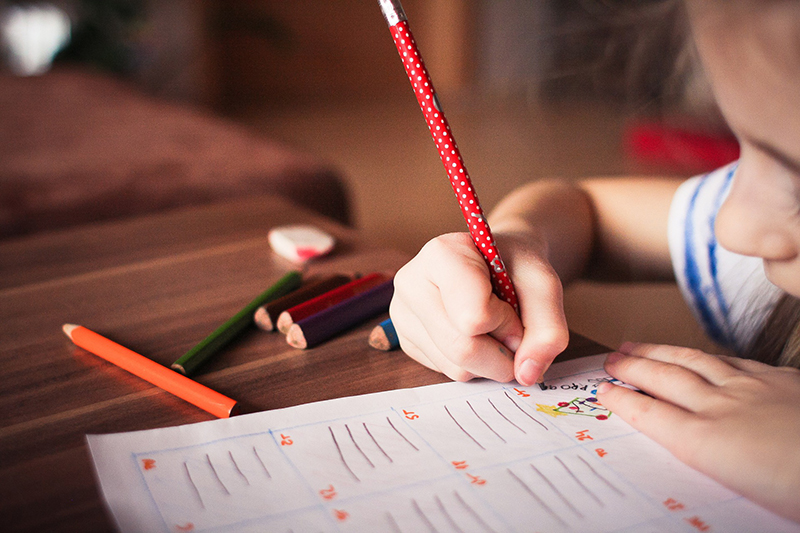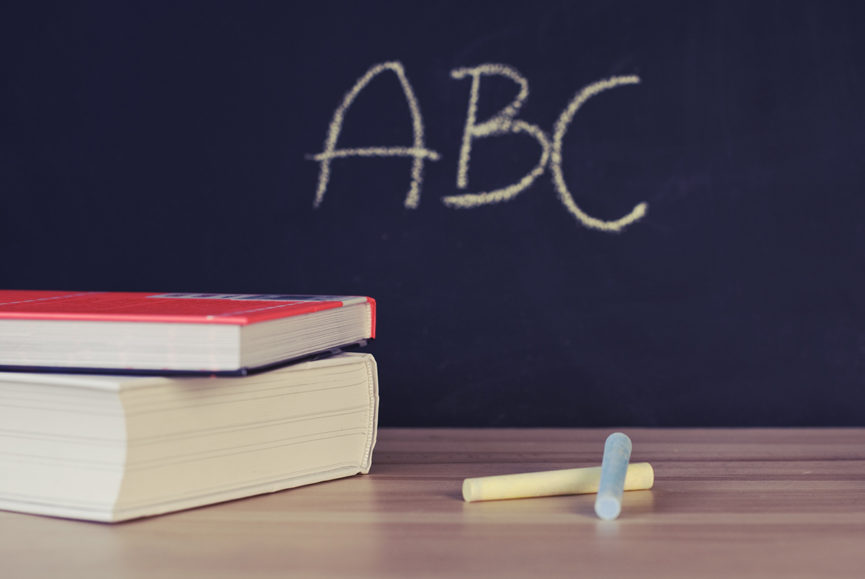Photo by Pixabay on Pexels
Good study habits play a huge part in learning and enjoying what your children learn. It’s a way of instilling discipline in them at a young age. Once these habits become routine for them, it will be easier for them to focus and will be eventually beneficial to them as they reach higher courses of learning.
Here are a few pieces of advice in practicing good study habits:

- Make study time a part of daily routine. Studying is something that should be done every day. To help your child develop a daily study routine, encourage them to study whether or not there is a quiz or an exam the following day.Studying does not need to be complicated. It can be as simple as reviewing a few simple lessons today, or rereading a past lesson. The goal is really to build a routine, so when your child is ready for daily self-study, he can more easily switch in and out of study mode. Get him started by making what he learned that day in his different subjects a point of conversation with him. Then encourage him to go back on his notes for the day. The good thing about developing this daily habit of revisiting small “chunks” of learning is that your child need not wait until they have taken up a big bulk of lessons before he revisits them again in time for an exam.

- Designate a study area. Study areas help condition your child’s study sessions. Provide your child with a quiet, well-lit, low-traffic space for study time—particularly far from the gadgets in the house if possible. This will minimize distractions and help the child in concentrating on the tasks at hand.

- Create and write down realistic study goals. Make your own assignment notebooks. Write down key study goals for the day and for the weeks after. Even tasks as simple as reading or reviewing is important to list down so nothing gets forgotten.

- Adapt to personal learning styles. According to teach.com, an individual’s learning style refers to the preferential way in which the student absorbs, processes, comprehends and retains information. Writing down notes and reviewing them isn’t the one-size-fits-all medium of studying anymore. Hand-in-hand with learning your strengths and weaknesses is adapting to it.
Here are the seven learning styles according to Learning Styles Online:
- Visual (spatial): receptive to pictures, images, and spatial understanding
- Aural (auditory-musical): receptive to sound and music
- Verbal (linguistic): receptive to words (speech and writing)
- Physical (kinesthetic): preference in using the body (hands and sense of touch)
- Logical (mathematical): preference in using logic, reasoning and systems
- Social (interpersonal): comfortable with learning in groups or with other people
- Solitary (intrapersonal): preference in working alone and self-study
Harness your child’s ability to take in information based on their preferred mode of learning. For example, if your child is more auditory, advise him or her to listen better in class and only write down the key words. Visual learners might prefer to transform verbal information into charts and maps or graphs. Kinesthetic children might prefer to learn about fractions using actual objects that they can manipulate with their hands, rather than just using a textbook, while older ones might enjoy roleplaying and small competitions as part of their study sessions.

- Be encouraging and affirming. Teach your children to think positively by constantly encouraging them. Learning is a process for everybody—even for us adults. Don’t make them feel bad when they don’t get a particular study point or subject. Constantly give out positive reinforcement through praises on their improvement.Take care to give compliments on improvement and use more general words when praising the child. For instance, saying “You’ve improved so much!” is better than saying “You’re so smart!”, as this will teach the child to value his or her learning capacity more than “staying on top” as the smarter one among his or her peers.

- Rest properly. A good night’s sleep will help your child understand and remember information better. This goes not only for your child but for yourself too. While you may not have quizzes or exams the next morning, you have the responsibilities of a parent to bear, and that’s no small task. Make sure that you have dedicated time for rest and de-stressing. In line with this, teach your children that they can’t be a study machine 24/7, and taking some time away from learning is a great way to relax the mind.

Patricia Li is a frequent contributor to Familywise Asia and Workwise Asia. She loves to read and write, and tries to incorporate this in her career.
Related Posts
-
Earth-Friendly Habits to Practice at Home
One of the most precious gifts parents can give to their children is to ensure…
-
Ideas for a Productive Summer for Your Kids
It's summer! School's out and children are on a break. Moms and dads, what do…
-
Money Habits to Develop this 2018
Bad money habits consume much of our time and resources, and the only solution is…




